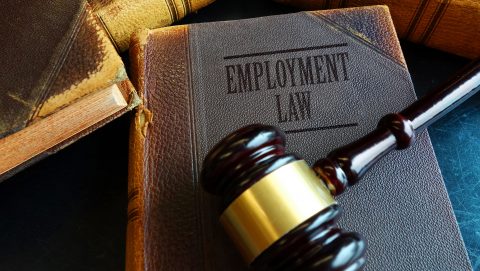
Coronavirus self-isolation: The latest advice for anyone with COVID-19 symptoms
More and more people are likely to need to self-isolate as the coronavirus spreads and the rules are stringent.
As ministers ban mass gatherings as part of the delay stage of the UK’s response to coronavirus, people across the country will be self-isolating to help prevent the virus spreading.
We look at the latest advice to anyone forced keep themselves away from other people.
What is self-isolation?
Self-isolation means cutting yourself off from the rest of the world.
For those who have to self-isolate, Public Health England’s advice is to stay at home, don’t go to work, school or other public places, and avoid public transport or taxis.
When should I self-isolate?
People should stay at home for seven days if they have either:
- A high temperature above 37.8C (100F)
- A new continuous cough
“Do not go to a GP surgery, pharmacy or hospital,” the NHS website says.
What’s the advice for the over-70s?
There’s no special advice yet – but extended self-isolation is coming.
Health Secretary Matt Hancock stated last week that over-70s will be asked to self-isolate for up to four months, “in the coming weeks”.
He added that the “elderly and vulnerable” would be asked to “shield themselves by self-isolating”.
He continued: “We appreciate it is a very big ask of the elderly and vulnerable, and it’s for their own self protection.
“The measures we’re looking at taking are very, very significant and they will disrupt the ordinary lives of almost everybody in the country.”
How do I self-isolate?
The NHS is asking people staying at home to:
- Try and keep two metres (three steps) away from other people – especially older people or those with long-term health conditions
- Make sure any room you are in is well-ventilated.
- Ask friends and family and delivery services to deliver food and medicine – but avoid contact with them
- Sleep alone if possible
- Wash your hands with soap and warm water for 20 seconds on a regular basis
- Don’t have visitors and ask people to leave deliveries outside
- Don’t leave the house, even just for a walk
- Use separate facilities where possible. If sharing, these should be cleaned before use by others
- Use separate household items like towels, bedding, toothbrushes, cups and dishes
- Try to keep away from your pets. If you can’t avoid it, wash your hands before and after contact
How do I get better?
- NHS advice is to get plenty of rest and drink enough fluids so that you pass urine regularly
- Take paracetamol as advised, to reduce pain and fever
- Keep in contact with friends and family by phone, video and online
- Carry on your hobbies and interests where possible and try to take regular exercise
Why do I need to self-isolate?
There is no vaccine for coronavirus and no specific treatment. Antibiotics are no use as they do not work against viruses.
Any treatment can only relieve symptoms while your body fights the illness.
All this means avoiding human contact if you have the infection is a vital part of trying to prevent its spread.
For more information and advice visit www.nhs.uk/coronavirus
Published – 23/03/2020





















